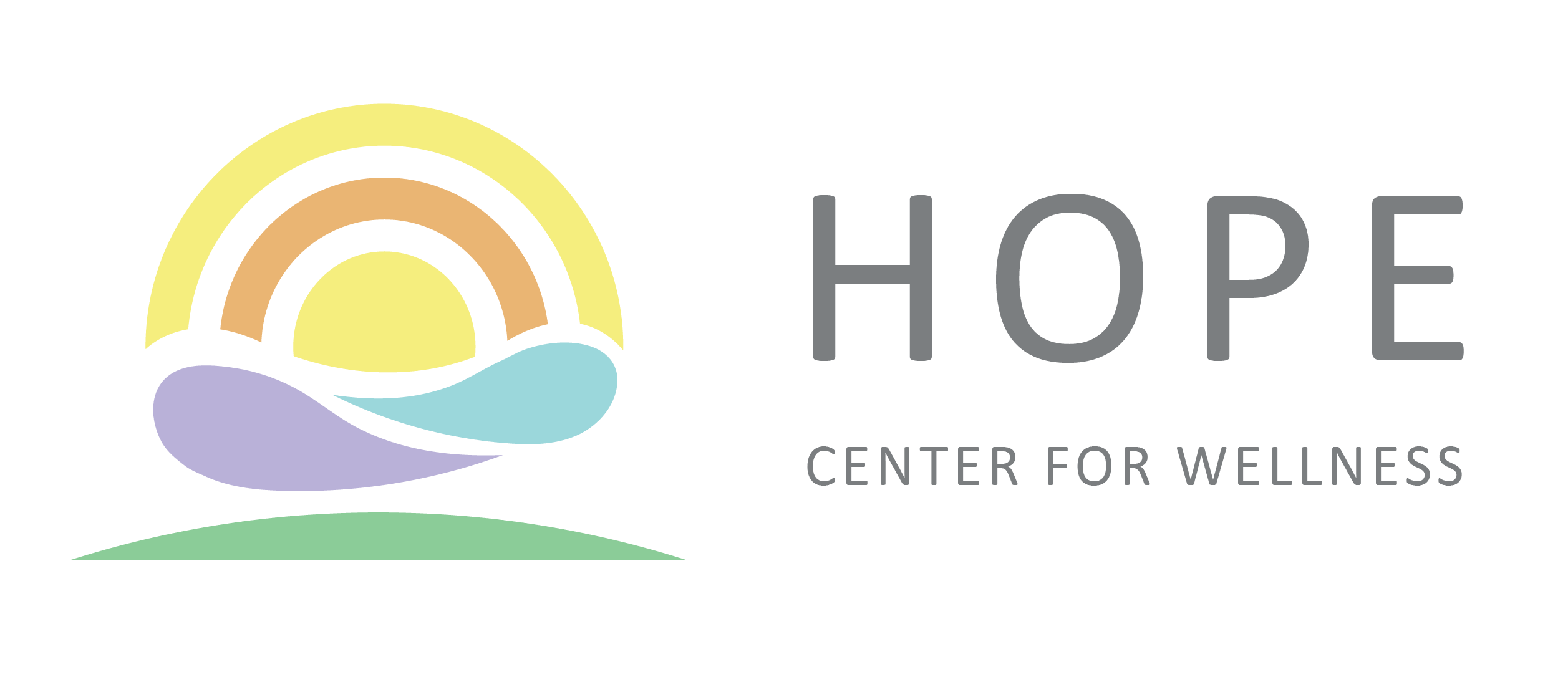We are getting down to the wire. For all of us, our futures depend on what is going to happen on November 3rd and for a lot of people, there is a lot more at stake. Our minds driven by our innate survival instinct to protect ourselves, to plan, are hyper focused on what is going to happen- the outcome, the future. Feeling uncertain and fearful about the future can lead to anxiety and disconnecting from the present moment. And elections is just one thing that is on our minds. We are in the middle of a pandemic – a global crisis- that hits everyone home. On top of that the other issues that impact us haven’t gone away – we continue to see racial injustices escalate, discrimination, racism and hatred towards vulnerable and already marginalized communities. We have been experiencing grief and loss individually and in our communities. And then, there is the other stuff that we may be going through and worried about–caregiving, parenting, our own fears of the virus, managing multiple responsibilities, figuring out how to work/life/balance when our work is so necessary.
Uncertainty is a part of life even when it doesn’t feel comfortable and when it can take over our minds. To manage the unknown or uncertainty, we must learn how to be with it or in other words accept it as part of life. The goal is to accept that there are more realities than the worries and uncertainties the mind focuses on. The goal is to accept both – you can be anxious about tomorrow and we can be here focused on whats before us (our families, joyful moments when there are some, the sun shining, etc. We can be fearful of something that hasn’t happened yet and we can still walk the mind to paying attention to the present moment–like a partner looking to share a story, or child sharing about their day, or listening to the sounds of the room.
During fearful or uncertain times, I invite you to practice the following:
1. Meditate or reflect on the idea of impermanence –a philosophy that all things, situations, states are meant to change.
2. Be in community with others or connect with others. When we connect with other people, we feel less alone and can feel more capable, powerful and united in struggle or hope.
3. Share your concerns outloud (to yourself, to a friend, loved, a counselor or journal it). The more we externalize our concerns or name them, the less intense they can feel.
4. Remind yourself what you have control over. When we are uncertain, the mind is focused on things outside of our control but there are many things that despite the unknown we can control – like how we decide to spend our time, the causes we support, voting, etc.
5. Identify what you are grateful for on a daily basis. This gives us a sense that there are things going well. Practicing gratitude also enhances feelings of wellbeing.
6. Whenever fear creeps in, ask yourself – what else do I know to be true? What else do I know to be true about myself, the world and others? For example, I know no matter what happens during election, I know we are a resilient community, capable of coming together and fighting against injustices and towards democracy.
7. Nurture hope and imagine the possibilities, imagine “the beautiful world your heart knows possible,”- Charles Eisenstein.
Let’s unite in hope and possibilities. What keeps me hopeful is knowing the human heart, knowing that love and goodness can conquer it all and when people come together towards a united goal, we can achieve beautiful things.

